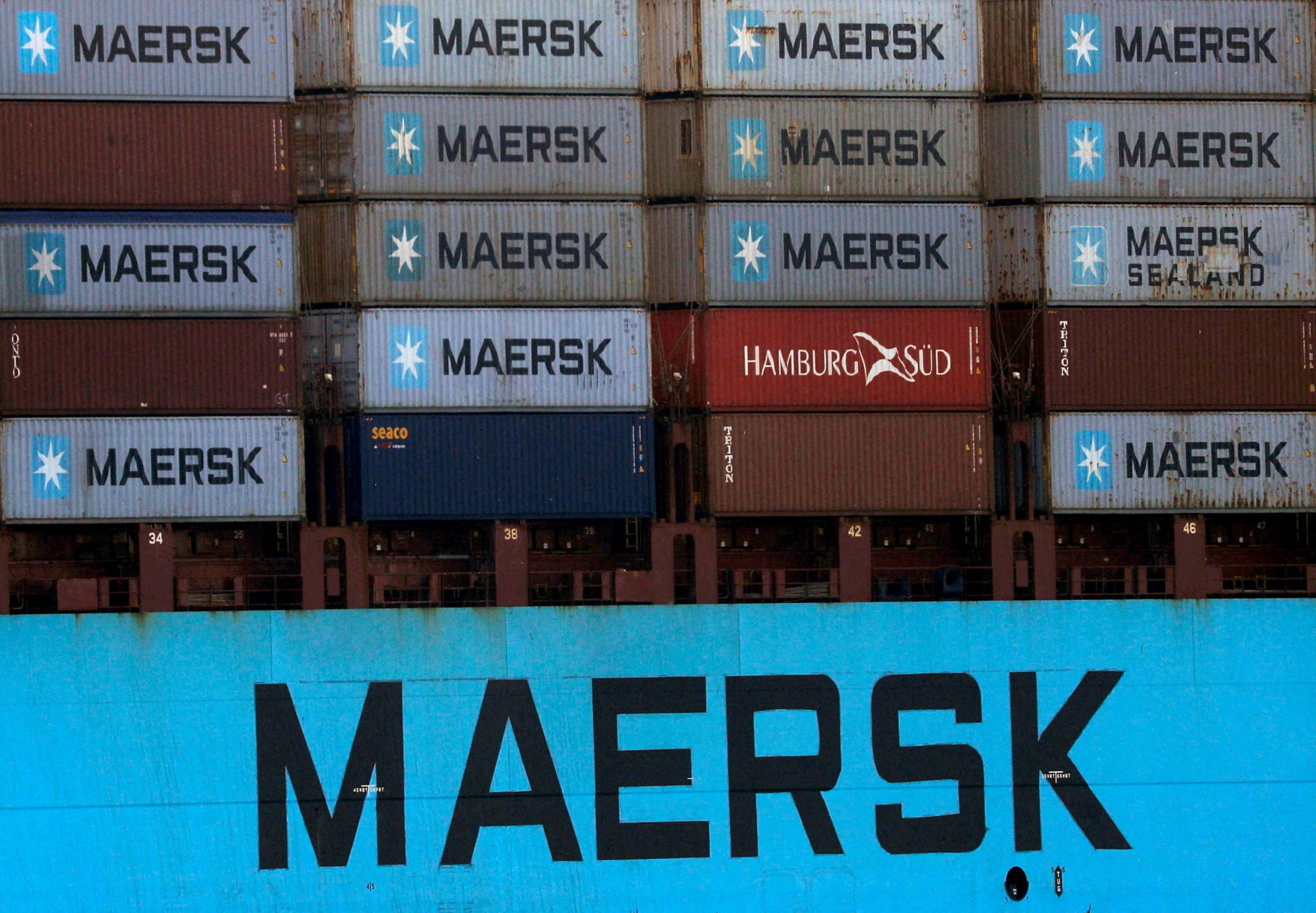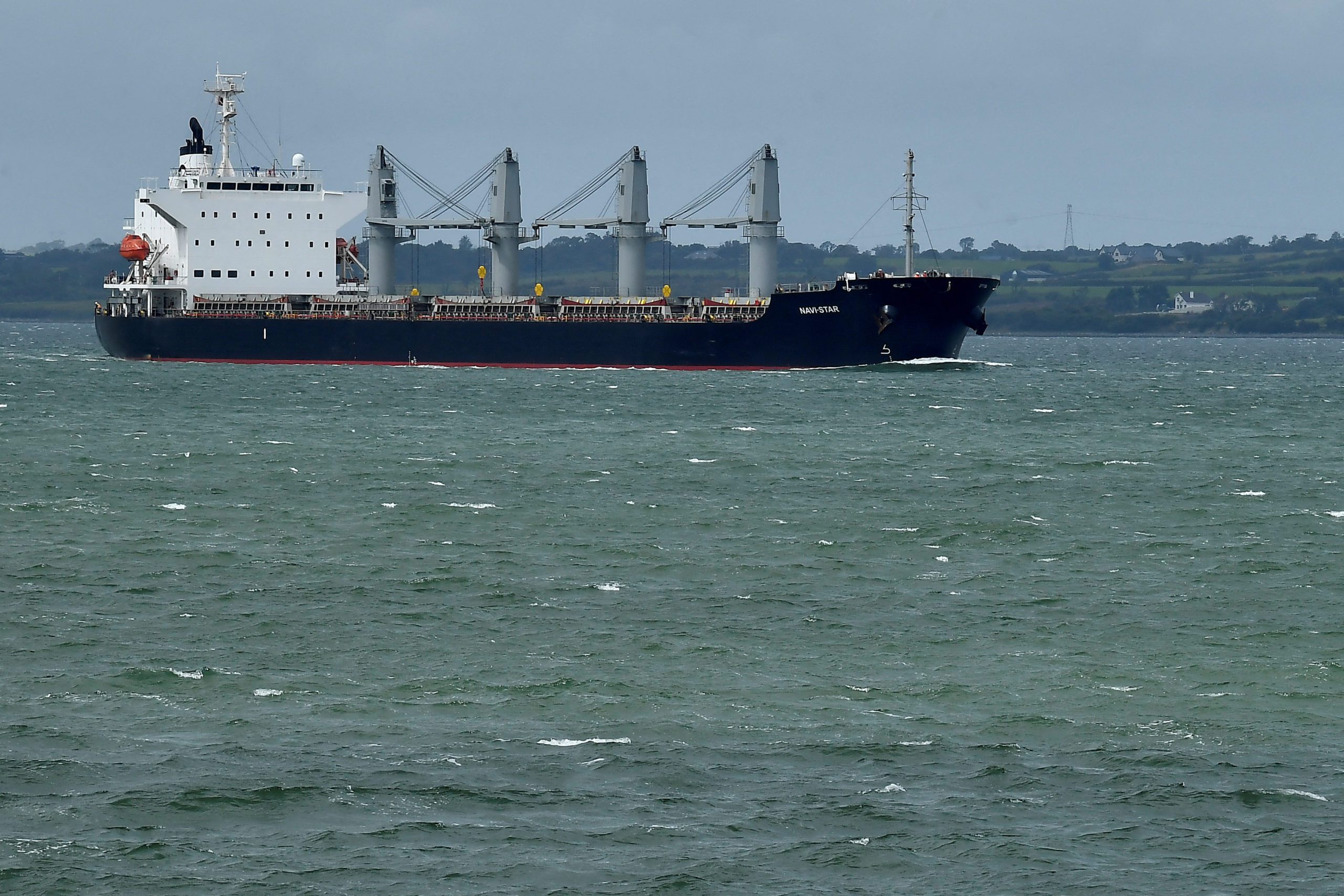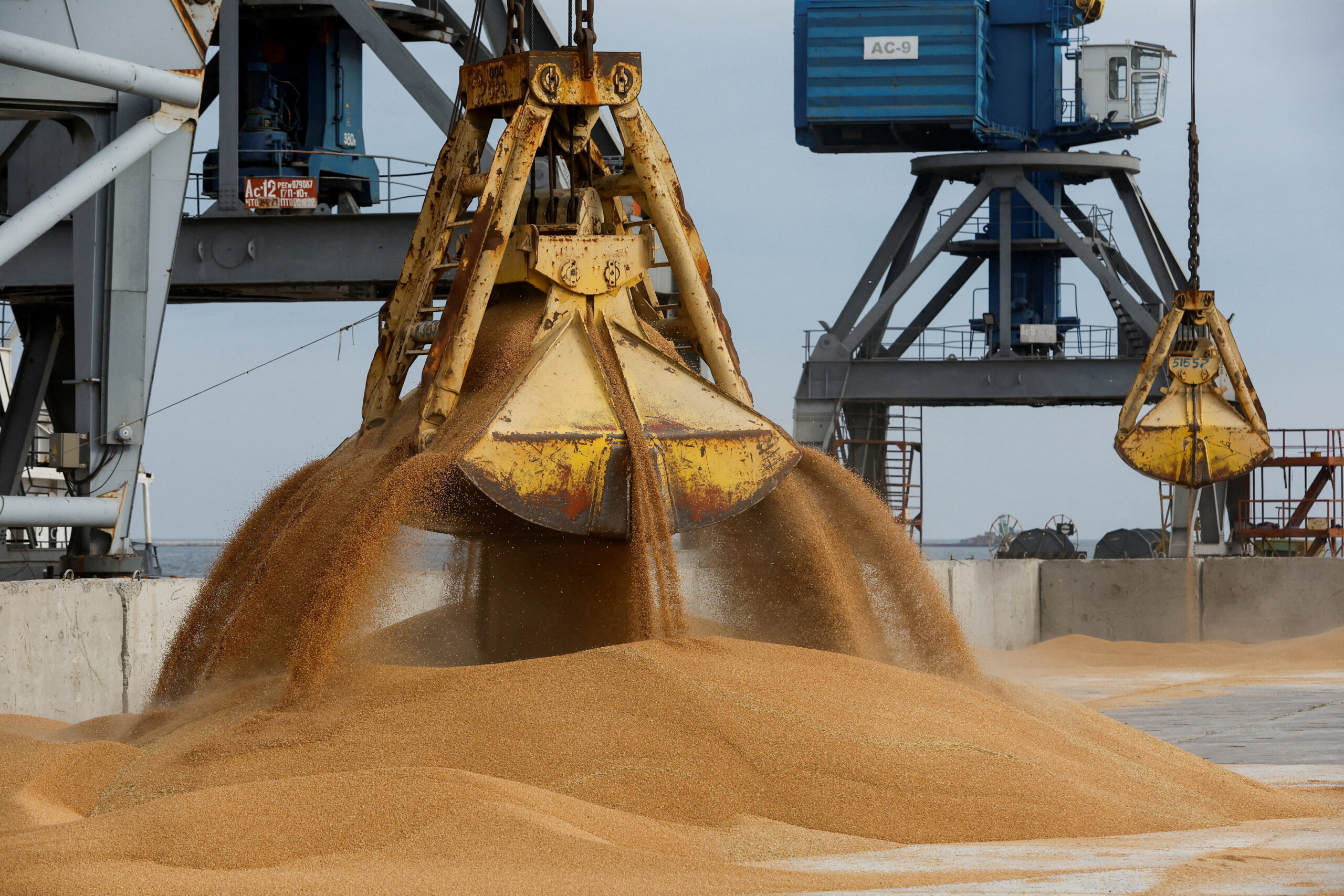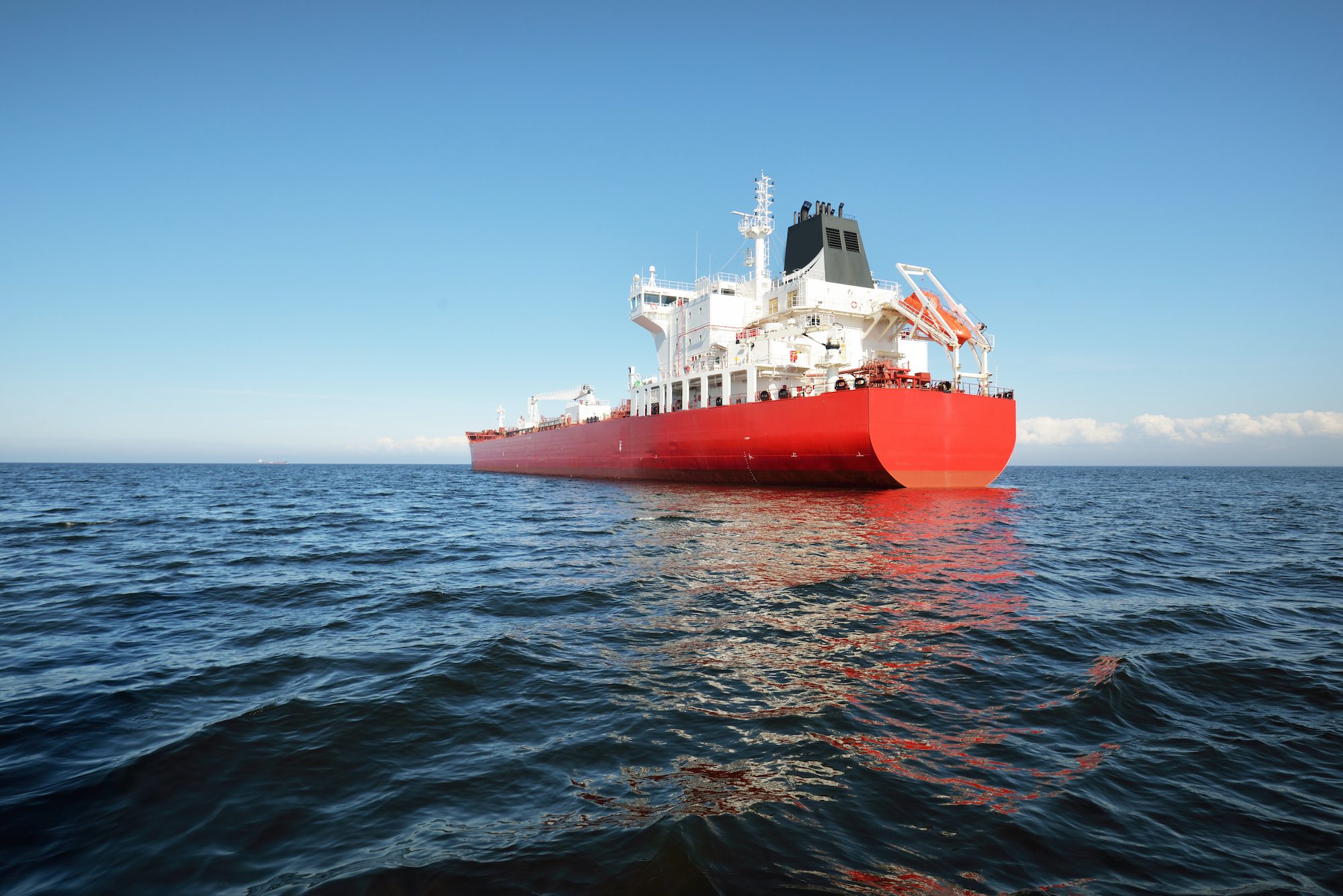By Ann Koh (Bloomberg) —
Increasing volatility in global supply chains means shipping lines must undergo a radical restructuring to survive, according to A.P. Moller-Maersk A/S.
“The way that supply chains have operated over the last number of decades is no longer fit for purpose,” Ditlev Blicher, president of Asia-Pacific for the shipping line, told reporters in Singapore on Monday. “We believe this environment of increased volatility is here to stay, and it will likely accelerate.”
Global trade has been buffeted by major disruptions in recent years, as the pandemic and the war in Ukraine brought chaos to shipping routes. But even before the pandemic, it was obvious supply chains needed to change, according to Blicher.
Shipping lines have repeatedly tried to streamline their operations, but they haven’t been able to overcome the bottlenecks arising from thousands of players acting in individual slices all along the supply chain. It’s become more pressing to invest in smarter technology and logistics networks that extend beyond adding shipping capacity, said Blicher.
Maersk, which boasts the world’s second-biggest container fleet according to Alphaliner, is seeking to become an integrated logistics provider that connects land, sea and air. The company last year embarked on a strategy to expand its air-freight services.
Maersk Reports Record Results in 2022, But Dark Clouds on the Horizon are Getting Even Darker
Maersk and MSC Mediterranean Shipping Co. last month agreed to discontinue their partnership that allowed the two companies to share vessels on some of the most lucrative routes worldwide. Blicher said the tie-up, which will end in 2025, wasn’t the direction Maersk wanted to go.
While MSC has the world’s biggest fleet, it is still actively adding shipping capacity to remain in the top spot. Maersk on the other hand is cutting back, and wants to build a system that would allow it to better control cargo flows.
Containers typically face numerous delays while heading to their destination during black swan events, said Blicher. But a better strategy would be to have warehouses scattered across different ports, he said. That would allow Maersk to consolidate shipments originating from different parts of Asia at a convenient hub, giving more flexibility to send them to where demand is the greatest.
“We are building a structure where we can take a container from China, one from Vietnam, and another from Cambodia to a port like Singapore, and open them up,” said Blicher. “Then we put them together and the customer can send them where they are needed at that moment.”
To be sure, shipping lines made easy profits during the pandemic. Spot container rates surged to a record as shipyards ground to a halt, resulting in a scarcity of vessels to meet a spike in demand for e-commerce goods. Now, with weaker global demand as major economies struggle with inflation, companies have been canceling voyages to align capacity.
“It wasn’t hard over the last 12 months to make money — if you had something that could float and could carry your container, that was not hard,” Blicher said. “Now, skills matter.”
© 2023 Bloomberg L.P.

 Join The Club
Join The Club











